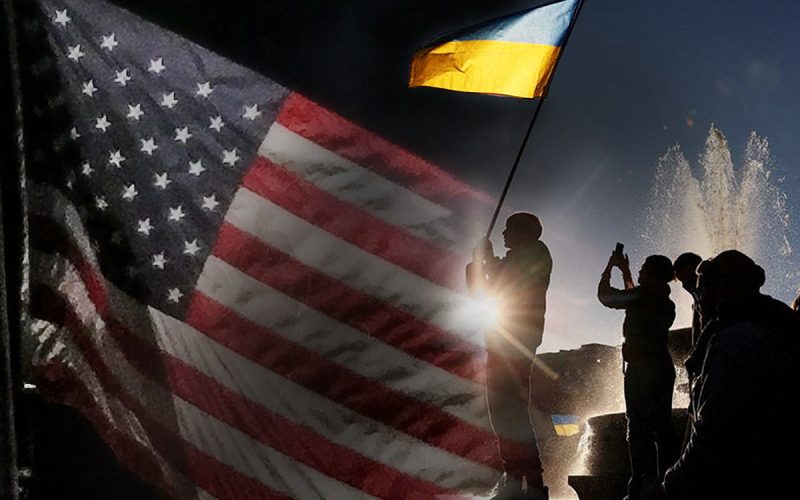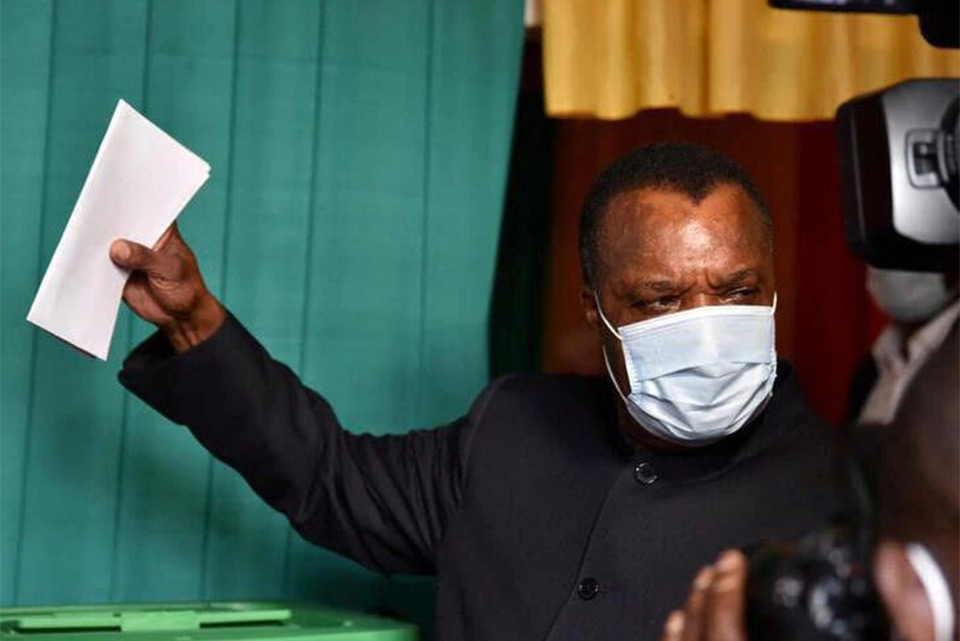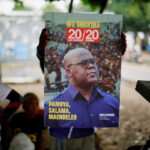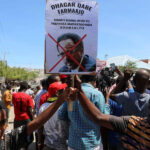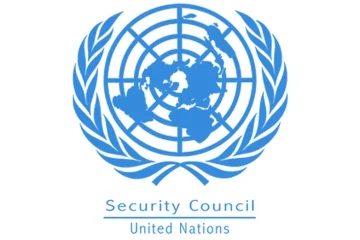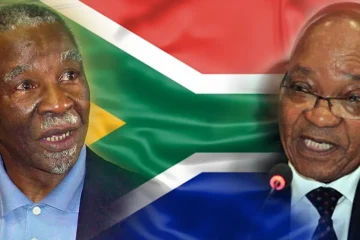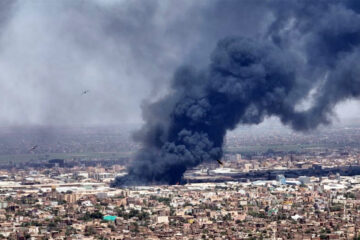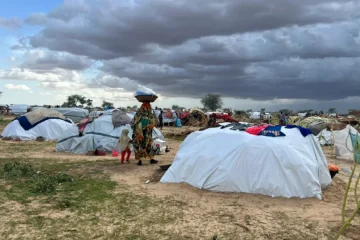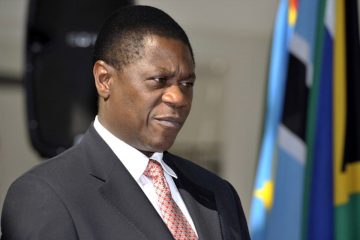ON the eve of the US Mid-Term elections, there is more at stake in America’s foreign policy in the same vein that polarising domestic issues and stark ideological differences are at play between the Democrats and Republican parties.

The two main parties will be contesting the control of both the House and the Senate. In essence, the winner of both practically prevails over the legislative direction and foreign policy posture of the country. That, in a nutshell, sums up the importance of why the two main US political parties have in recent days unleashed their “big-hitters” on the campaign trail. The Democrats have had their two former presidents – Bill Clinton and Barrack Obama, wooing voters in the important States of Philadelphia and New York respectively. Not to be outdone, the Republicans also unleashed former President Donald Trump in several key states, including Philadelphia on the same day that Presidents Joe Biden and Obama campaigned together for their Democratic Party.
But one important issue is forcing itself into the political discourse – the Ukraine war.
The Republicans have vowed that should they win this week’s Mid-Term elections, they will withdraw the “blank cheque” the Biden administration has offered Ukraine.
So far, the US has given Ukraine $18.9 billion worth of aid since the war broke out in February and more is in the pipeline, as President Biden has said: “We will support Ukraine for as long as it takes.”
The influential Washington Post also carried a report recently in which they quote well-placed US government officials expressing concern over the possible “Ukraine fatigue” in Europe. “Ukraine fatigue is a real thing for some of our partners,” one US official is quoted as saying.
Their concern is that the longer the Ukraine war continues amidst growing socio-economic hardships – characterised by constantly rising inflation and cost of living – the support for Kyiv will diminish.
This fear has been heightened by Ukraine’s President Volodymyr Zelensky’s hard-line stance that he will only negotiate with Russia when the current President Vladimir Putin is no longer in power.
The other condition for talks that Zelensky has spoken about is the total withdrawal of Russia from Crimea and the Donbas region. The areas have been under total control and direct influence of Moscow since 2014 when Crimea held a referendum to secede from Ukraine and was eventually incorporated into Russia. The Donbas region undertook a similar exercise recently and now identifies itself as part of Russia – claiming the will of the people – a move President Putin cemented with a decree of recognition a few months ago.
The hostilities between Moscow and Kyiv were recently brought to the fore once again when President Zelensky said he would not attend the G20 meeting in Indonesia, where he has been invited to speak, as long as President Putin is allowed to attend. But then, Russia is a member of the G20, whereas Ukraine is in fact not.
The meeting takes place within a fortnight.
It has now emerged that US officials have privately warned their Ukrainian counterparts to tone down their hostile rhetoric about possible negotiations with Russia.
“Ukraine needs to signal openness to negotiating with Russia,” the highly-regarded Washington Post report has been quoted.
“Ukraine fatigue among allies could worsen if Kyiv continues to be closed to negotiations,” the publication reported.
Veteran diplomat Alexander Vershbow also said in an interview with the esteemed publication that despite President Zelensky’s strong rhetoric, Ukraine losing allied support led by the US and EU could have dire repercussions for the besieged country.
Vershbow was quoted as saying: “If the conditions become more propitious for negotiations, I don’t think the (US) administration is going to be passive.”
By the end of the week, it would be known who the victors in the US Mid-Term elections are, as well as the vanquished.
During his tenure in the White House, President Trump’s foreign policy was categorically clear that the US could not solely bankroll NATO, and actually, relations between Washington and NATO were quite frosty by the end of the Trump years in office.
The likelihood of Trump running again for office in the 2024 US elections is headline news globally. The Republican candidates that so far Trump backed have done well previously. And if the trend continues during this week’s Mid-Terms – and the Republicans win both the House and the Senate – the current face of geopolitics will be rebooted beyond recognition, with the first major changes happening in the financial support for NATO and the bottomless pit of financial and military support for Ukraine.
Such is the nature of politics. The ideological chasm between the Democrats and Republicans is too wide when it comes to foreign policy, and indeed domestic matters. This is why the US elections capture global imagination. America is the world’s biggest economy and the only remaining superpower since the end of the Cold War at the turn of the 90s. What happens in Washington affects the entire international community.

